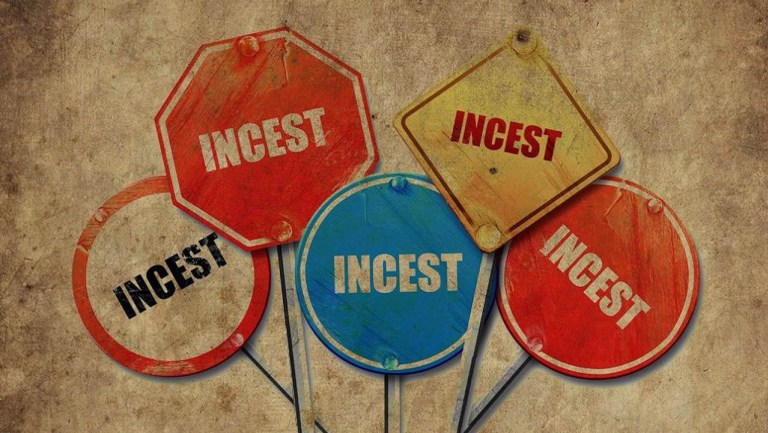Stakeholders, including child rights activists, sociologists, lawyers, and clerics have identified major factors behind the rising cases of incest in the country.
Some of the stakeholders identified the lack of traditional family values, moral decadence, broken homes, emotional imbalance, the shift in family roles due to poverty and ignorance among others.
In Ibadan, Mrs Foluso Adigun, the immediate past President of Women Connected By Purpose (WCBP), an NGO, said more incest cases were being recorded because of lack of family values and communal living.
She noted that economic hardship and the shift in the role of women were also contributory factors because fewer women now stay at home and watch over their children.
Adigun said the infiltration of western influences and negative attitudes also promotes incest in the society.
Dr. Sharon Omotosho, the Coordinator of the Women Research and Documentation Centre at the University of Ibadan, said parents must be held responsible for the abuse of their wards.
According to her, all hands must be on deck to stop incest because no member of the society is exempted from the scourge.
Read Also: Woman Who Released Macron’s Friend Sex Tape Arrested
“Some people do it for spiritual purposes, money rituals and longevity or those looking for fame,” Omotosho said.
A legal practitioner, Mrs. Olusayo Adeleye, said that incest is considered a criminal act in the country and relevant laws must be enforced to deter potential offenders.
“The Violence Against Persons Prohibition Act 2015 in Section 25, criminalises incest and prescribes a minimum term of 10 years imprisonment without an option of fine.
Adeleye who quoted various laws against incest, described it as a sexual act that can be said to be against the law of nature. She then urged the government to pass the Sexual Offences Act (Amendment) Bill 2019 in order to protect minors and under-aged against sexual exploitation.
She further encouraged state governments to domesticate laws criminalising incest.
PM NEWS

